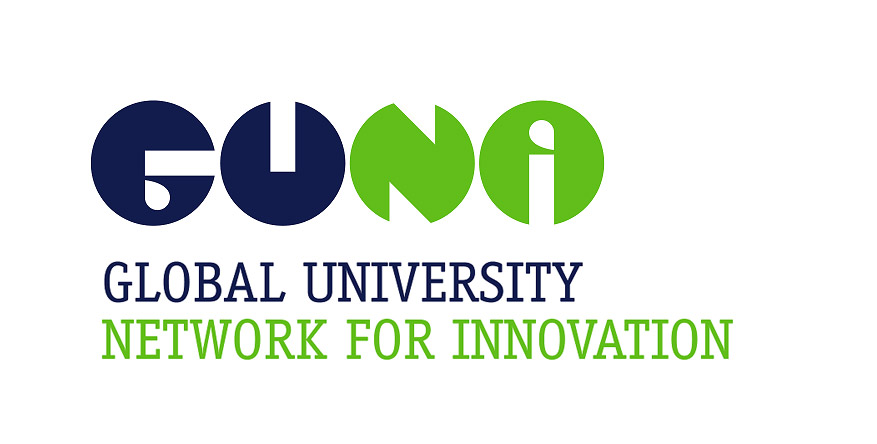Apostem per les universitats públiques de Catalunya
La nostra missió és representar i promoure el sistema universitari públic català, tot reforçant la seva qualitat i incidència a la societat. Impulsem la col·laboració entre les universitats per millorar l’eficiència i l’impacte de les seves actuacions, promovem la projecció internacional i desenvolupem projectes estratègics que enforteixin el sistema universitari i els seus vincles amb l’entorn.

Declaració de Calonge, abril 2024.
Les universitats públiques, motors de transformació, progrés i benestar al servei del país.
Comptem amb 258.576 estudiants, 20.781 professionals docents i investigadors (PDI), 10.350 professionals de gestió i serveis (PTGAS) i 923 grups de recerca consolidats que impulsen el coneixement i la innovació.
Representar i promoure el sistema universitari públic català.
Impulsar la col·laboració entre universitats per millorar l’eficiència i l’impacte.
Projectar les universitats internacionalment i facilitar la cooperació a escala europea i global.
Desenvolupar programes i projectes estratègics pel bé del sistema universitari.
Les universitats públiques, motors de transformació, progrés i benestar al servei del país.
Projectes en curs
Els nostres projectes responen a les prioritats i als objectius compartits de les universitats públiques catalanes, coneix-los!

Global University Network for Innovation (GUNi)
GUNi és un dels grups de reflexió líders mundials en matèria de política i gestió universitària. Promoguda per la UNESCO i l'ACUP i amb més de 25 anys de recorregut, la xarxa GUNi atresora un ferm compromís per la qualitat, la innovació i la responsabilitat social de les universitats a escala global.

Plataforma Coneixement, Territori i Innovació (Plataforma CTI)
Iniciativa pionera que promou el progrés social, la competitivitat econòmica i la vitalitat cultural de Catalunya per mitjà de la cooperació estable entre les universitats, les empreses, les administracions públiques i les organitzacions de la societat civil.
Notícies ACUP
La nostra agenda